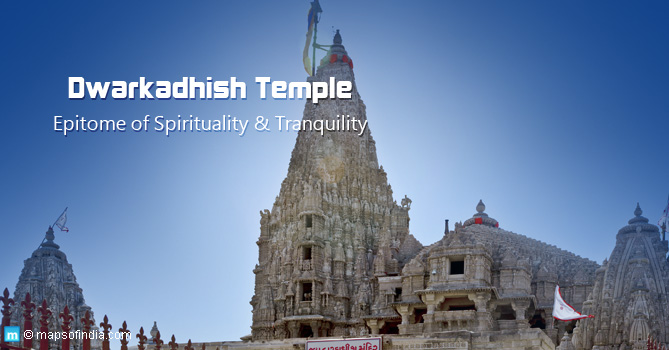Srimad Maha Bhagavatham : 4.5 - Swami Krishnananda.
========================================================================
========================================================================
Sunday, September 25, 2022. 07:00.
Chapter-4: The Stories of Siva and Sati, and of Rishabhadeva and Bharata-5.
=========================================================================
Yaṁ yaṁ vāpi smaran bhāvaṁ tyajaty ante kalevaram, taṁ tam evaiti kaunteya sadā tadbhāvabhāvitaḥ (B.G. 8.6):
Whatever thought one remembers or entertains in the mind at the time of passing, that is the state you will attain in the next birth, says the Bhagavadgita. The body is a concentrated form of the mind itself. It is a condensation of thought. The mind manufactures this body for the purpose of the fulfilment of its desires. The body is necessary for the mind in order that it may contact physical objects through the sense organs. Otherwise, the mind by itself cannot contact physicality. So, as if its only duty is to come in contact with pleasurable objects of sense, it manifests certain avenues of contact, called the sense organs. The desire of the mind in five different ways is the reason for the manifestation of the five different senses. When we look at an object, we want to see it again and again because of its deliciousness and its apparent capacity to fulfil our desires. We want to hear the sound that it makes, we want to smell its odour, we want to touch it, we want to taste it, and for this purpose several sense organs are necessary. This is how the drama of creation goes.
This law operated even on the great ascetic Bharata. As a Sankhya sutra warns us, thinking of anything which is not contributory to spiritual practice, or sadhana, results in bondage, as in the case of Bharata. Attachment sneaks into our mind without our knowledge, like a serpent entering into a hole without our knowing that it has entered. The power of the mind, which is filled with desire, finds all sorts of excuses to see that its longings are fulfilled one way or the other. It is like a thief or a dacoit who knows every way of fulfilling his wish. Hence, because of this law of compensation according to the intensity of thought, Bharata, due to his attachment to the baby deer, was born as a deer.
But due to the tapasya that he performed, in his deer life he remembered what had happened. He was not born ignorant of the past, as in the case of all people. The deer knew that it had become a deer due to some mistake in the operation of its thought. So, the deer was of a peculiar character, and not like other deer. For fear of attachment, the deer would not touch even a leaf of a tree. It carefully moved in the forest, touching not a twig, a leaf or a bush due to fear of becoming attached, as happened in its previous birth. In this detached condition, the prarabdha of the deer form ended one day. The deer died, and Bharata was once again born in the family of certain Brahmins. So he took three births in order to finally have his achievement.
Because of the fear of attachment due to the lesson that he had learned, he would not utter a word in this birth. His parents sent him to school, but he would not learn anything, not even the letters of the alphabet. Whatever was told to him fell on deaf ears. They thought that he was an idiot who was shamefully born into a Brahmin family, as Brahmins are very learned in Vedic lore. They tried to teach him again and again, but he was so idle, and never responded to anyone, and would not say anything. They thought he was an idiotic creature, and wondered what to do with him.
They said, “Go! Do some work,” but he would not do any work either.
“Okay, at least tend the cattle. Go! Graze the cows,” they said.
He took the cattle to graze, and allowed them to go into other people's fields and eat up all their crops. People were annoyed, and wondered what was wrong with him.
Then they said, “Don't do anything. Go and sit there. Idiot! Don't do anything.”
But though Bharata would not utter a word, he looked very robust. He was filled with energy, but he did not want to use that energy because of fear of attachment. He had learned his lesson. So he did not want to say anything to anybody, and just kept quiet.
Some dacoits who worshipped Kali—Bhadrakali—were looking for a human being to offer in sacrifice. They searched for a hefty, strong person, and they somehow found Bharata sitting quietly without saying anything.
“Come on,” they said.
*****
To be continued ....
=========================================================================









Comments
Post a Comment